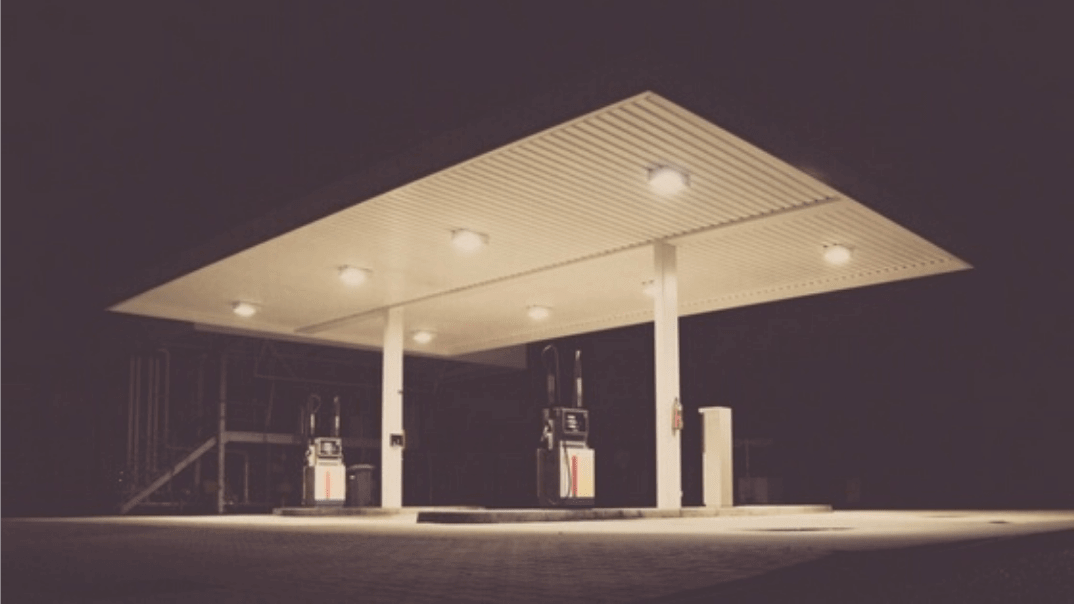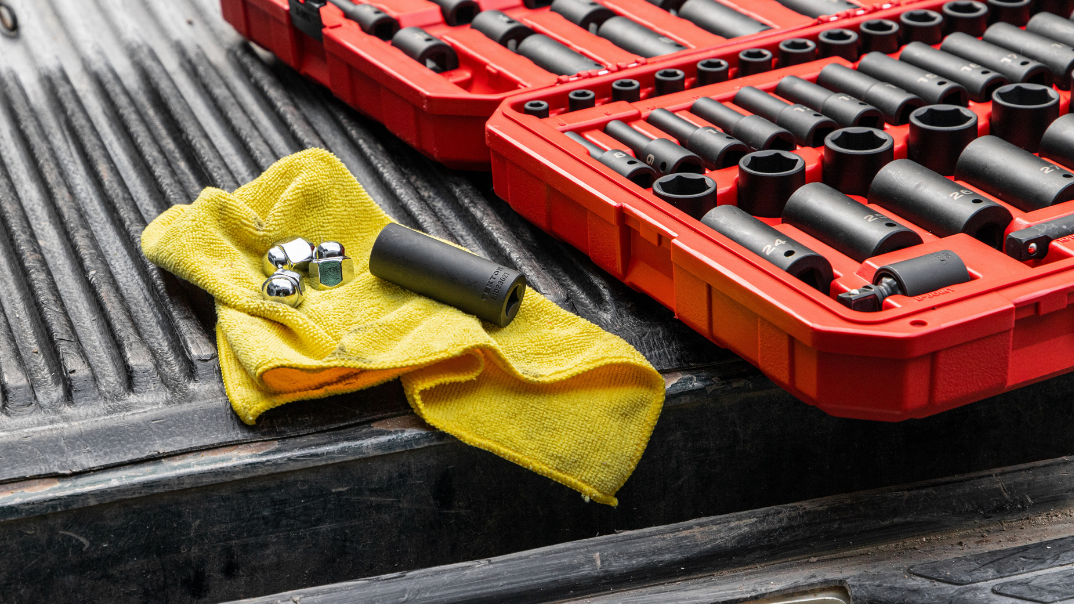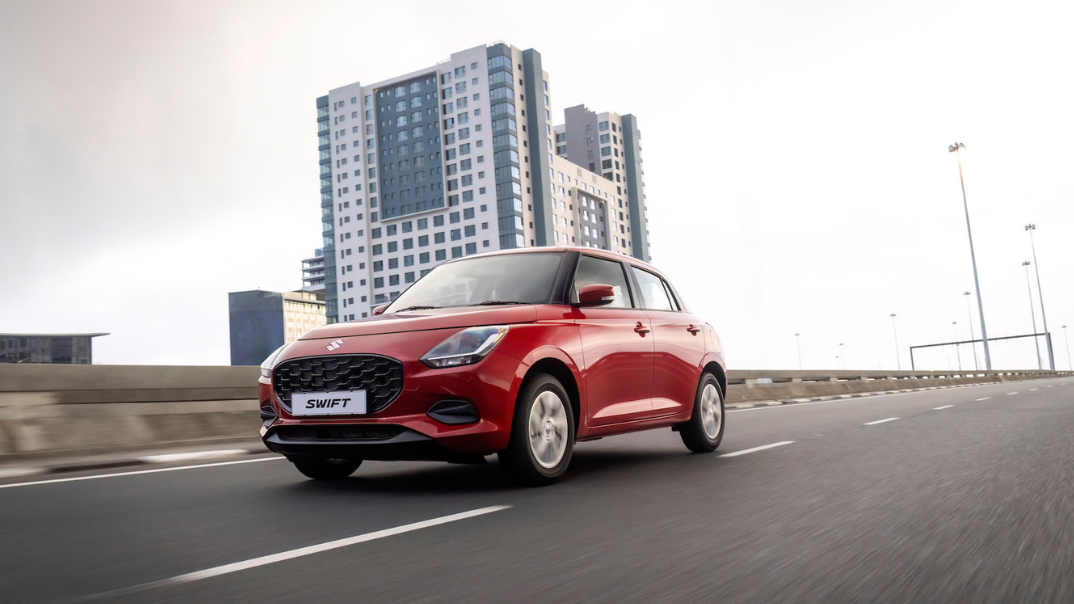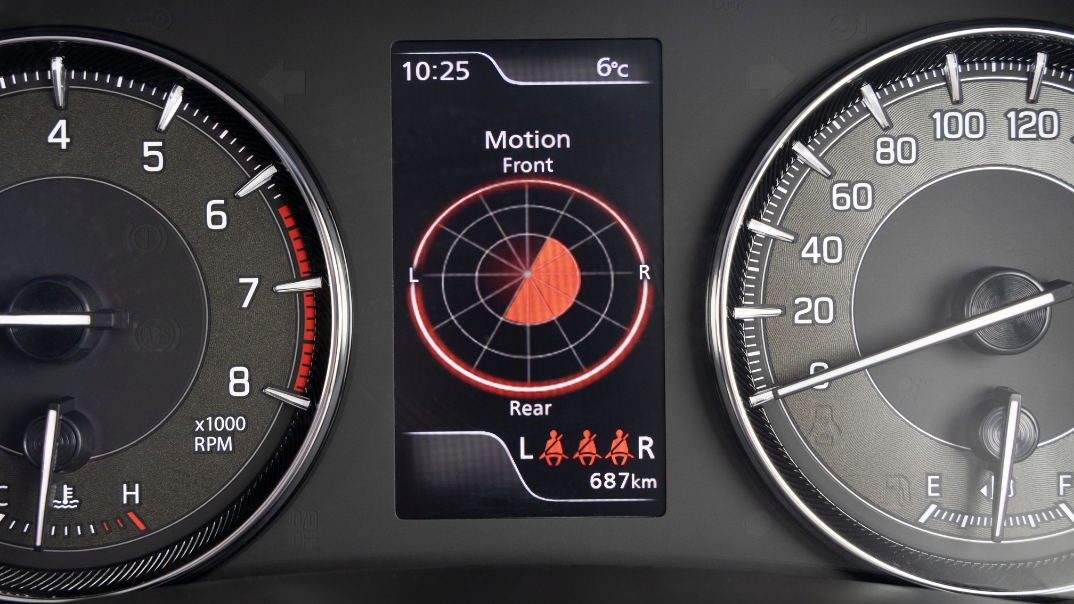
Petrol vs diesel is one of the Great Debates in the auto world; we run through the pros and cons of both here.
One of the biggest decisions car buyers have to make long before looking at models or specs is whether to shop for diesel or petrol. Brendon Carpenter, Brand Marketing Manager at Suzuki South Africa, says this issue is debatable and hotly contested.
Broadly speaking, the difference is that commercial cars, like bakkies, use diesel, but recreational cars use petrol - though there are many other distinctions between the two. For one, diesel cars are more expensive off the showroom floor, but are markedly more fuel-efficient. Says the Automobile Association "On average, diesel engines consume between 25% and 30% less fuel than their petrol counterparts.” However, the different fuel choices lead to a good many other differences too.
There used to be the negative perception that diesel cars were slower, smellier, noisier, and more expensive than petrol cars. Diesels have closed the gap significantly in these categories over the past decade.
There is a school of thought that maintains diesel engines are more harmful than previously believed, emitting toxic particles into the atmosphere.
However, modern diesel cars have highly efficient filters that capture these particles and a study by the University of Montreal showed petrol cars emitted up to 62 times more lung-damaging pollution in cold weather than their diesel counterparts.
Dr Patrick Hayes, of the University of Montreal, said: "Diesel has a bad reputation because you can see the pollution but it's actually the invisible pollution that comes from petrol cars that is worse.”
Engineering Explained goes into some of the more technical differences between the petrol and diesel below; specifically looking at how the different engines function. A quote from the video: “Gasoline engines attempt to keep the compression ratio so that the air-fuel mixture does not rise above the self-ignition temperature. Diesel engines, on the other hand, use higher compression ratios, leading to more torque and better fuel economy."
Here’s our list of some key differences between petrol and diesel
|
Petrol |
Diesel |
|
Car models are cheaper to buy |
Car models are more expensive to buy |
|
Better for short trips and stop-go driving |
Fuel efficient over long distances |
|
Petrol engines cheaper to maintain |
Diesel engines last longer |
|
Not as powerful as diesel engines |
Diesel vehicles have low-speed torque and are better at overtaking and towing |
|
Petrol engines are quieter and more refined |
Diesel engines are louder |
|
Less fuel efficient |
Diesel engine’s CO2 emissions are 20% lower than petrol engines. |
|
A second hand car generally retains its value less well than a diesel car |
Generally, a second hand car retains its value better with a diesel engine |
|
No visible pollution |
More visible pollutants |
Here's a handy model-specific infographic from cars.co.za that highlights some of the spec differences between petrol and diesel:
![[UPDATED] Petrol vs Diesel: the pros and cons list](https://blog.suzukiauto.co.za/hs-fs/hubfs/Blog_post_images/Petrol%20vs%20Diesel%20the%20pros%20and%20cons%20list/petrolvsdieselinfographic.jpg?width=600&name=petrolvsdieselinfographic.jpg)
Following a survey by the Automobile Association in 2017, the organisation commented: “South African motorists must begin to realise diesel engines may be on their way out. Internationally, carmakers are being forced to adhere to stringent emissions standards or face hefty fines.”
“These carmakers are grappling with tough choices to either re-engineer existing (diesel) engines at huge costs, restrict sales of some profitable models, or risk hundreds of millions of euros in penalties. While this is not yet a big debate in South Africa, the impact of these decisions will have far-reaching consequences for the local market.”
The auto industry has reacted to the challenge: producing more fuel-efficient and cleaner-burning engines for both petrol and diesel cars.
With more than 80% of South Africans using petrol cars, it’s the better choice for most drivers. “Though the choice does depend on your driving needs and finances, in general it’s best to forget the diesel and put up with the higher cost of fuel every week,” says Business Tech. Brendon recommends choosing a car that best fits your needs, but remember that a petrol car is often the better choice - especially if you’re driving around town and not regularly plugging away long distances.
Learnt something new? Read our post on fuel efficiency for a small car on a long journey or check out 11 long distance driving tips experts swear by.
To learn more about fuel and understand how to save fuel while driving, check out our ultimate guide to fuel efficiency.
Never miss a post. Subscribe to our blog and get all the latest blog posts delivered straight to your inbox.



